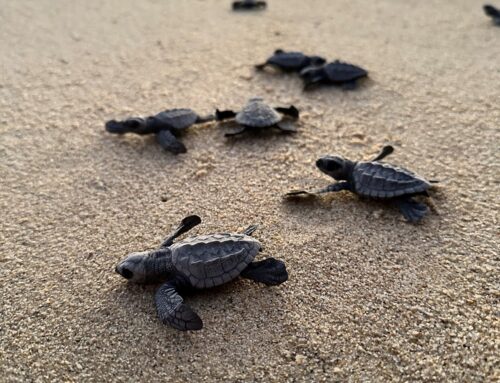Mohith Agadi said it best- “Give yourself and those in need an elixir of life by pledging your organs.”
What to do with your body after your death is a very personal decision. Family members are often left guessing (or worse, arguing) about what their loved one desired to have happen with their remains. In addition to traditional burial, cremation or the new green burial (see Green Burials) you should also address whether all or some of your body may be donated for transplantation or science.
Organ Donation
The decision to share life with others is the kind of generosity that our future generations need. You may not know the individuals to who you pledge your organs to, but because of you, they will know that someone made this decision on their behalf, so they may live.
You may select how limited or broad your organ donation is. All organs, or just certain ones such as eyes or tissue, may be donated in Arizona to save and improve someone else’s life. Other common organs include: heart, lungs, livers, kidneys, pancreas, intestine, corneas, heart valves, veins, skin, bones and other related tissues. Donation does not take place until a licensed physician, who has no involvement in the transplant process, has legally declared that death has occurred. There is no cost to the family or estate for anything related to donation, but all unrelated hospital charges as well as funeral expenses remain the responsibility of the family or estate. Donated organs and tissues are gifts; neither a donor’s estate, nor the authorizing individual will receive monetary compensation or valuable consideration in exchange for the donation.
Part of the donor evaluation process requires transmissible disease testing. These tests are performed to ensure the safety of transplant recipients. Arizona law requires that positive confirmed tests be reported to the Arizona Department of Health Services. Other evaluative tests, procedures and biopsies may also be performed. For organ donation, the recovery of the spleen and lymph nodes takes place to ensure the compatibility between the donor and transplant recipients. Blood vessels may also be recovered for the purpose of safe organ transplantation. During the evaluation process, it may be determined that recovery and/or transplantation are not possible because of a variety of factors such as incompatibility and other medical considerations.
Whole Body Donation
In some cases, an organ donor can also be a whole-body donor. Whole body donation and organ donation are two separate programs. Whole body donation is donating your body for scientific, medical or educational purposes, often known as “donating your body to science.” But equally crucial as organ donation in saving lives. The organ donor designation symbol on your drivers license does not imply consent for the whole body. Whole body organizations are non-transplant tissue banks, which means they do not take live organs from a donor and transplant them into another living person. The organs are used to further science or train medical professionals.
A benefit to donating your body to science is that illnesses and age do not prevent acceptance for whole body donation. Donors who have or have had diseases like cancer or dementia are not accepted for transplant donation, but they are likely going to be accepted for whole body donation. There are many organizations that offer whole body donation in Maricopa County, make sure to do your research prior to choosing the organization.
Whether you choose to donate your organs for transplantation or your whole body to science should be something you do prior to death to insure your desires are met. Both options are important to have in writing, signed and notarized well in advance. Or you can also make arrangements with your funeral provider or preferred whole body donation organization.


